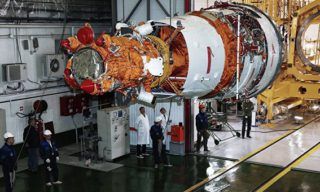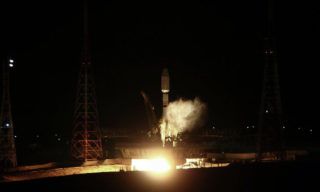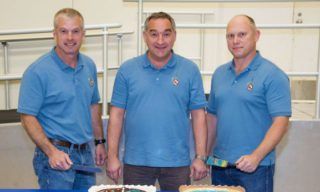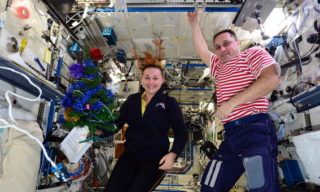According to Izvestia, Russian Space Agency sent to the government suggestions regarding Federal Program of cosmodromes development for the period 2016-2025. The current Federal Program expires in November 2015, so Roscosmos is already planning its future activities.
Taking into consideration last year dissension with Kazakhstan on the operation of Baikonur, Roscosmos described two possible scenarios of the situation: the baseline scenario and the recessionary scenario. The first one will cost almost 800 bln rubles to Russian budget, the second will exceed 900 bln rubles.
The baseline scenario assumes that Russia will cooperate with Kazakhstan to implement international space programs and will contribute in development of infrastructure of Baikonur. According to this scenario during the period of 2016-2018 it is planned to build the launch pad for AMUR booster (super heavy ANGARA class rocket) at Vostochny spaceport, followed by construction of launch facilities for prospective space systems. At Plesetsk cosmodrome, operated by Defense Ministry, it is planned to continue upgrading and fitting up the existing infrastructure. For implementation of the baseline scenario Roscosmos needs 797 bln rubles.
The recessionary scenario is applicable if disagreements with Kazakhstan force to minimize Russian space activity at Baikonur by 2020. In this situation improvement of infrastructure at Vostochny cosmodrome will require more significant and intensive investments. In this case Plesetsk cosmodrome will also receive some additional budget to speed up the construction of launch facilities for heavy boosters until the second launch pad for AMUR rocket is commissioned at Vostochny. This will cost 901.6 bln rubles.



















